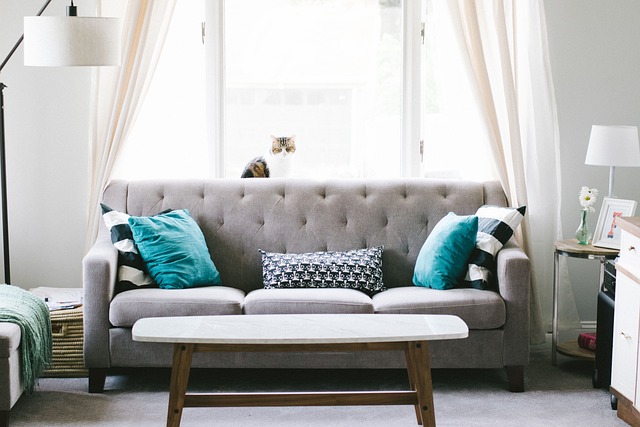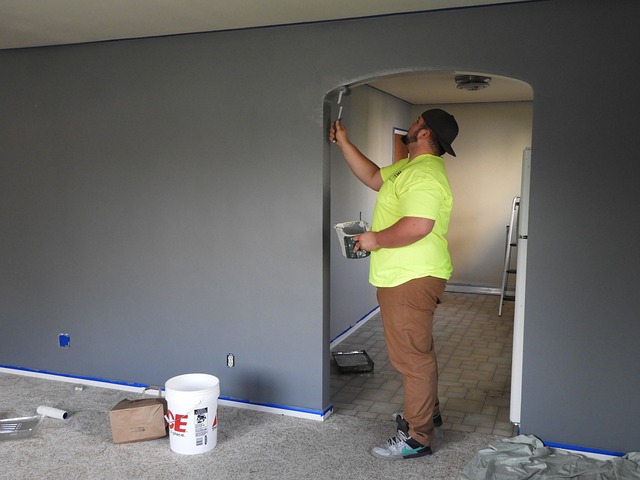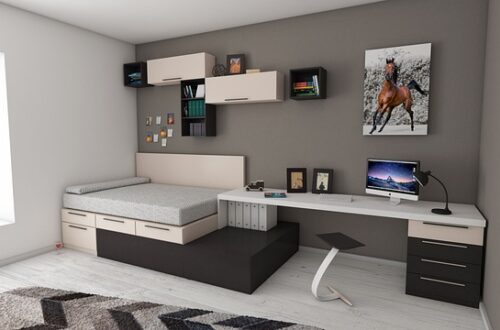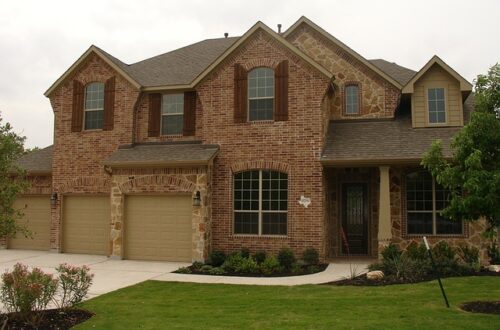Home renovations can be exciting, transforming your living space into a more functional and aesthetically pleasing environment. However, without proper budgeting, these projects can quickly become overwhelming and financially draining. To ensure your home renovation is a success and doesn’t break the bank, it’s crucial to plan and manage your budget effectively. In this comprehensive guide, we’ll provide you with valuable tips and strategies for creating, tracking, and sticking to your home renovation budget. Whether you’re planning a small DIY project or a major overhaul, this guide is designed to help homeowners like you make informed financial decisions throughout the renovation process.

1. Define Your Renovation Goals and Priorities
Before diving into any renovation, it’s essential to clearly define your goals and priorities. What are you hoping to achieve with the project? Identifying your objectives will help you make more informed decisions and allocate your budget appropriately. For example, if you’re remodeling your kitchen, prioritize aspects like new appliances or updated cabinetry based on your needs and desires.
2. Set a Realistic Budget
Start by determining the maximum amount you’re willing to spend on your home renovation. Your budget should be realistic, considering both your financial capacity and the scope of the project. Research the average costs for similar renovations in your area to get a better idea of what you might need to invest.
3. Create a Detailed Project Plan
A detailed project plan is essential for successful budgeting. Outline all the tasks and materials required for your renovation. Be as specific as possible, including the cost of labor, materials, permits, and any additional expenses. With a comprehensive plan in place, you’ll have a clearer picture of where your money will be allocated.
4. Allocate Funds for Contingencies
No matter how well you plan, unexpected issues can arise during a renovation. To account for these contingencies, allocate a portion of your budget, typically around 10-20%, for unforeseen costs. Having a cushion for unexpected expenses will help you avoid financial stress if complications occur.
5. Prioritize Must-Have vs. Nice-to-Have Features
During the planning process, distinguish between must-have and nice-to-have features. Focus on your renovation’s core requirements before considering additional elements. By establishing priorities, you can allocate your budget accordingly and avoid overspending on less essential aspects.
6. Get Multiple Quotes from Contractors
If you’re hiring contractors, gather quotes from several professionals to find the best fit for your project. Having multiple quotes not only helps you secure competitive pricing but also ensures that you understand the cost breakdown. Be cautious of quotes that seem significantly lower than the others, as they may indicate potential quality or hidden cost issues.
7. Research and Shop Smart for Materials
When purchasing materials, research different suppliers and compare prices. Look for discounts, sales, or promotions to save on costs. If you’re open to using reclaimed or recycled materials, this can be a more budget-friendly and eco-conscious option.
8. DIY Where You Can
For homeowners with the necessary skills and time, DIY projects can significantly reduce labor costs. However, be realistic about your capabilities, and avoid taking on tasks that could lead to costly mistakes or delays. You can save money by handling simple tasks like painting, demolition, or minor installations.

9. Track Expenses Throughout the Renovation
Once your renovation is underway, maintain a record of all expenses. This includes receipts, invoices, and any costs associated with the project. Creating a spreadsheet or using budgeting software can help you stay organized and identify any discrepancies or overages.
10. Communication with Contractors
Effective communication with your contractors is crucial for budget management. Discuss your budgetary constraints upfront and ensure that you have a written agreement that outlines the scope of work, costs, and a timeline. Regularly check in with your contractors to monitor progress and expenses.
11. Be Flexible and Prepared for Changes
Home renovations can be dynamic, and changes may be necessary as the project unfolds. While you should strive to stick to your budget, be open to adjustments if unexpected issues or opportunities arise. Communicate with your contractor and review the financial implications before making changes.
12. Final Inspection and Closeout
After your renovation is complete, perform a final inspection to ensure all work has been done to your satisfaction. Once you’re confident that everything is in order, make final payments to contractors and suppliers. Keep all records and warranties for future reference.
13. Evaluate and Learn
After your home renovation is complete, evaluate the entire process, including budgeting, project management, and the end result. Reflect on what went well and what could be improved for future renovations. Learning from your experience will help you become more adept at managing renovation budgets in the future.
Home renovation budgeting is a critical aspect of any successful project. By following these tips and strategies, you can plan, manage, and stick to your budget while achieving your desired home improvements. Remember that flexibility and communication are key, and staying organized throughout the process will help you keep costs in check and ensure a positive renovation experience. With a well-executed budget, your home renovation can be a rewarding and transformative endeavor that enhances your living space without breaking the bank.





